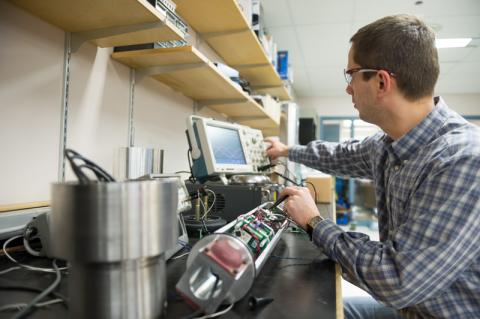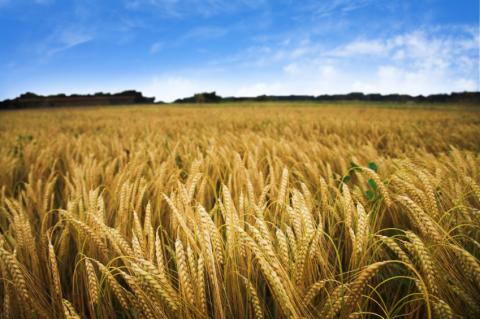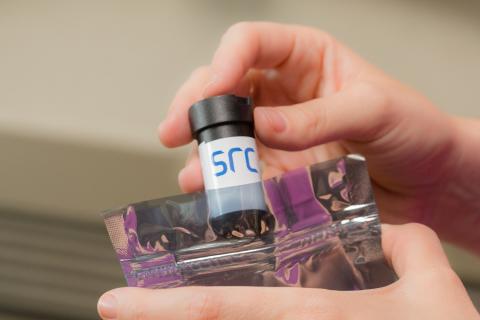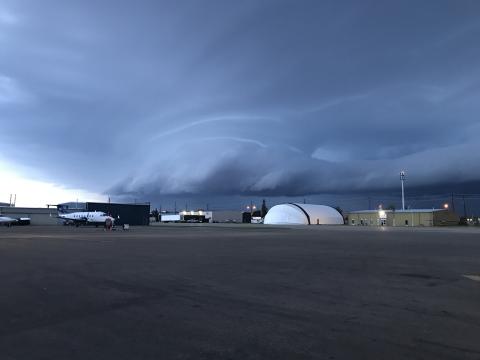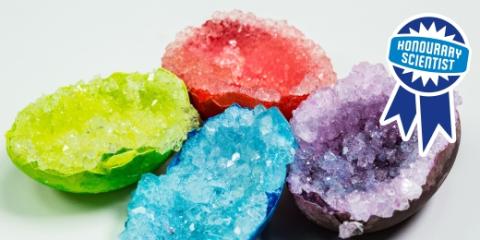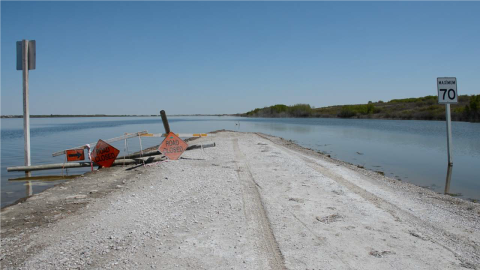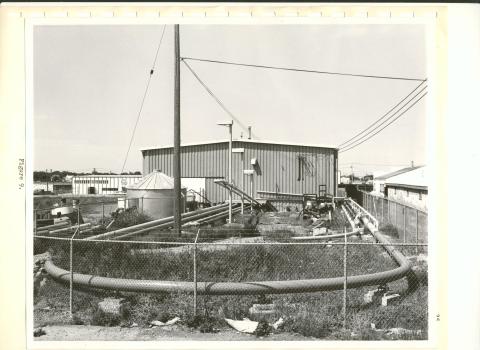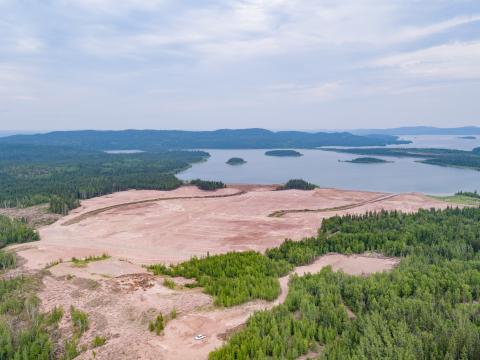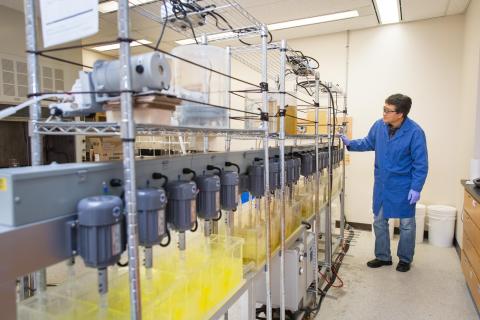Inside SRC
In 2001, SRC set out to become more entrepreneurial, grow in breadth and depth, and include more work for communities (particularly northern and Aboriginal communities) and for government.
The Orange Wheat Blossom Midge fly is a scourge on wheat producers around the planet. The Midge Tolerant Wheat Stewardship group is working together to protect and ensure the future of the technology that is the sole line of defense against the midge fly. Learn more.
As the second leading cause of lung cancer, the presence of radon in a home poses a safety issue that can be readily dealt with in many cases. As many people have not even heard of radon, the challenge lies in building awareness about the importance of testing among the general public.
Extreme summer weather can have significant impacts our economy, society and environment. We’re talking about hail, tornadoes, plow winds, no rain, hot temperatures - all of which can lead to flooding, drought, insects, diseases and forest fires. It’s important to prepare for these types of weather events, so we can reduce the impacts and become more adaptable.
We’re encouraging people (kids and adults!) to turn their kitchens and backyards into science labs this summer and unleash their inner scientists using a few simple ingredients - no laser ablation mass spectrometer* required!
Every year, Saskatchewan faces the possibility of disaster stemming from natural hazards, such as severe weather, floods, drought and wildfires. In recent years, flooding has been a significant...
SRC's Maturing Years were marked by growth in staff, facilities and equipment and a focus on applied R&D projects for industry and community needs. This led to the next phase of SRC's evolution, the Commercial Years, which were dominated by contracts with a mostly market-driven outlook, increasing SRC's revenue and importance as an innovation enabler for industry.
SRC's Community of Practice was a vital resource during the Lorado Remediation Project, providing resources and expertise to the project team. Find out the two important roles project management and cross-divisional support played in the successful remediation of the Lorado Mill Site.
It seems like almost every week across the world, there’s a major online security breach that puts the data of individuals and businesses at risk. Cybercrime is a growing concern and the threats and attacks aren’t always obvious to the untrained eye.
Most of us know that Saskatchewan is the world’s richest and largest uranium jurisdiction. But did you know that Rare Earth Elements (REEs) are often found within uranium deposits, making Saskatchewan...
